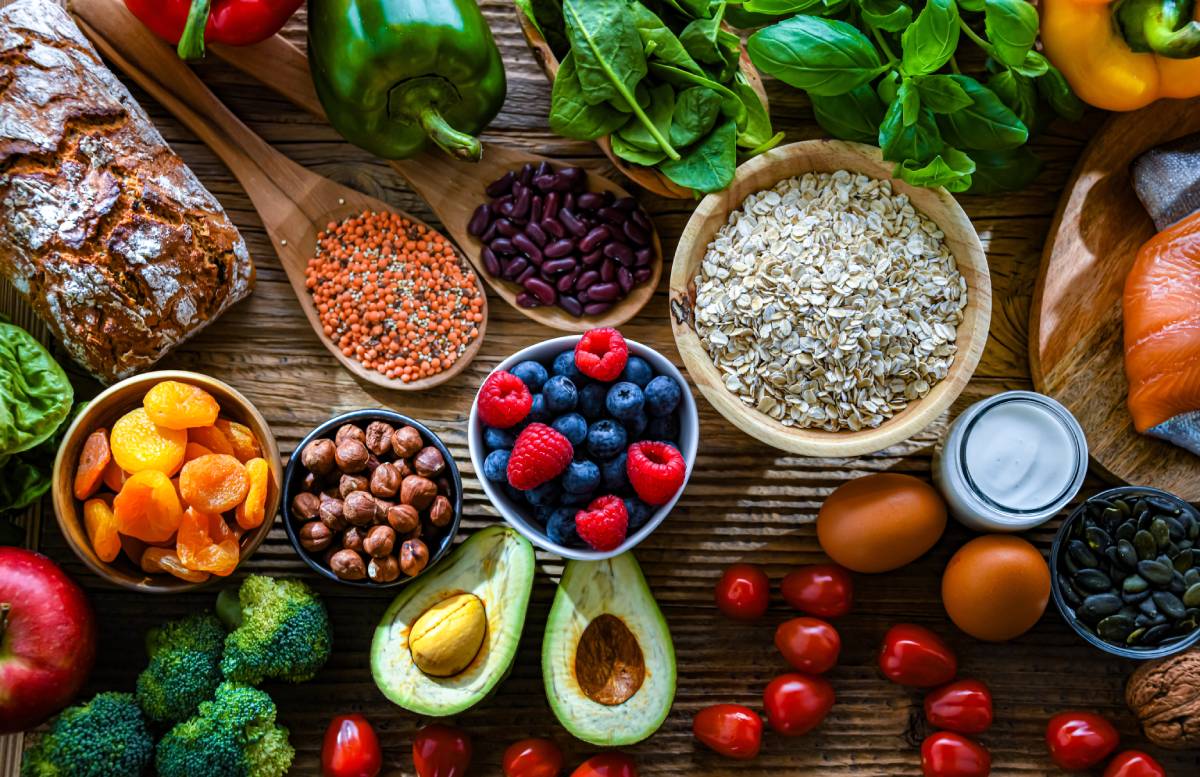We all know that an effective daily oral hygiene routine is essential for maintaining our oral health. But how does diet affect your oral health? In this article, we address this question and provide tips on how to develop an oral health-supporting diet.
How Does Diet Affect Your Oral Health?
The foods and drinks you consume can directly affect your oral health by coming into contact with your teeth or, over time, by influencing it through the nutrients you obtain. Let us examine the benefits and drawbacks of various foods and drinks for your teeth.
Foods and Beverages that Negatively Affect Your Oral Health
Three main categories of foods and beverages can negatively affect your oral health:
- Foods and beverages that contain a lot of sugar and acid weaken the enamel of your teeth over time, especially if your oral hygiene is insufficient and you do not adequately remove plaque and food residue daily. Additionally, sugary and acidic products increase bacterial proliferation in the mouth. Examples of such foods and beverages include soda, fruit juices, candies, coffee, and alcoholic beverages.
- Hard and crunchy foods (such as stale bread or croutons) can physically damage your teeth. For example, cracking nuts or sunflower seeds with your teeth can lead to chips and cracks.
- Frequent consumption of staining foods and beverages can lead to tooth discoloration. Examples of staining foods and drinks include berries, black coffee and tea, brightly colored spices (such as red paprika and curry), red wine, soda, and candy with artificial dye, and beets.
We recommend limiting your consumption of acidic, sugary, and staining foods and drinks, abstaining from hard and crunchy foods, and never using your teeth as tools. If you consume acidic, sugary, or staining foods and beverages, brush your teeth, if possible, or rinse your mouth immediately after the meal.
How to Improve Oral Health Through Diet
To support your oral health through diet, we recommend ensuring your body receives the nutrients and minerals it needs. Let us look at the foods to include in your diet:
Calcium and Phosphorus-rich Foods
Both calcium and phosphorus are essential for maintaining strong, cavity-resistant tooth enamel. Additionally, they support the bones in your body, including the jawbone. Phosphorus also aids in the absorption of calcium and vitamin D. Foods that contain calcium and phosphorus include:
- Dairy products: cheese, cottage cheese, milk, yogurt, kefir, etc. These foods also contain casein, a protein that strengthens tooth enamel, and probiotics that support gut health, which is also related to oral health.
- Leafy greens, such as spinach and kale.
Crunchy Fruits and Vegetables
Crunchy fruits and vegetables, such as apples, carrots, and celery, stimulate saliva production, help clean the teeth, and refresh the breath.
- Lean Proteins: Lean proteins, found in fish, chicken, and beans, provide phosphorus and building blocks for cell regeneration and support.
- Fiber-rich Foods: Fiber-rich foods, such as whole grains, vegetables, and beans, stimulate saliva production, which breaks down sugars, reduces plaque buildup in the mouth, and helps prevent bad breath and an unpleasant taste.
- Water: Drinking water helps rinse away bacteria and food particles that linger on your teeth. Additionally, water keeps your mouth moisturized and can provide fluoride if the water in your region is fluoridated. Additionally, staying hydrated helps your body distribute healthy nutrients and eliminate waste.
Make an Appointment at Glendora Family Dentistry
Regular dental visits play a key role in preventing issues before they become serious. Do not hesitate to make an appointment with an experienced family dentist if you have oral health concerns or require maintenance procedures, such as professional cleanings, checkups, and fluoride treatments. We are looking forward to your visit.




